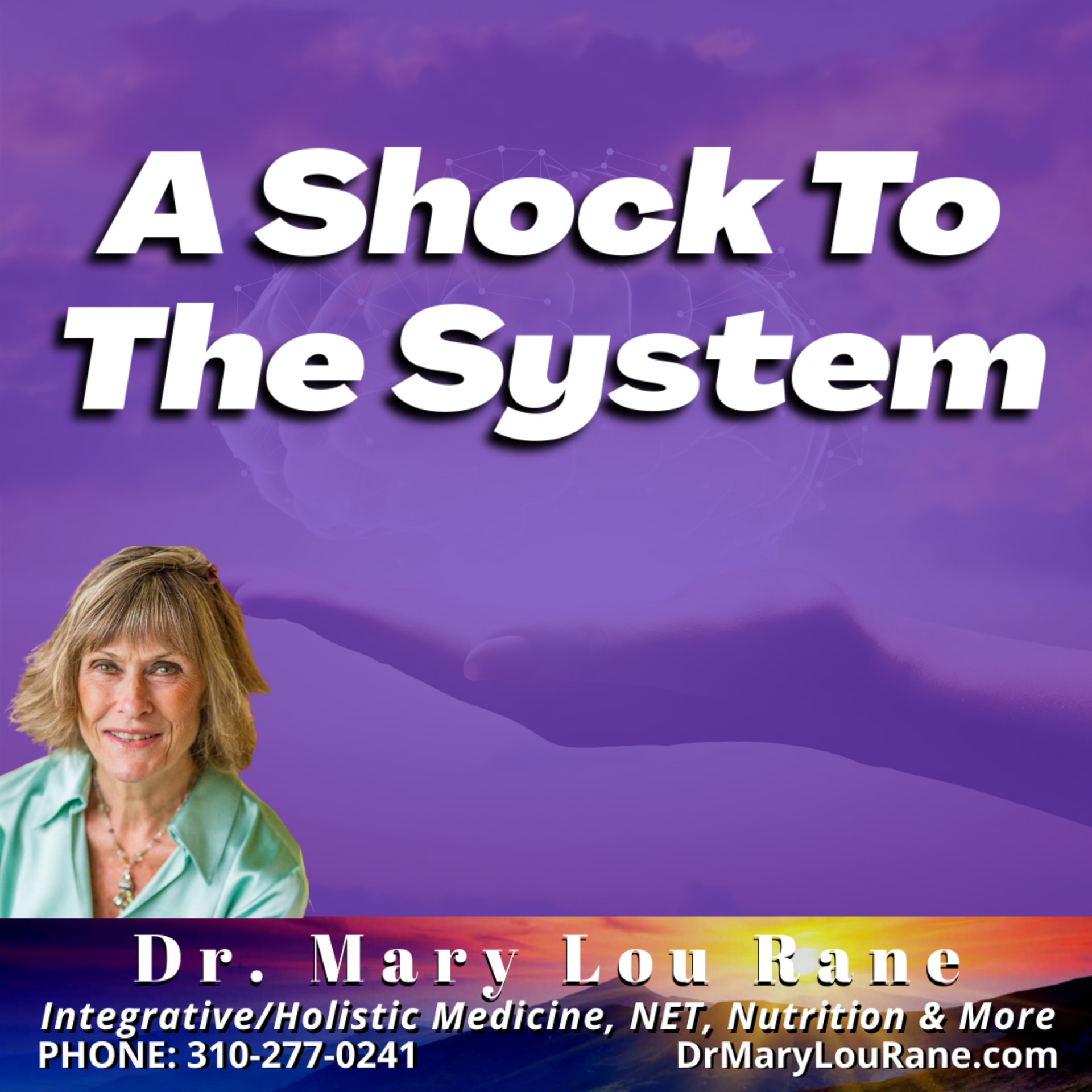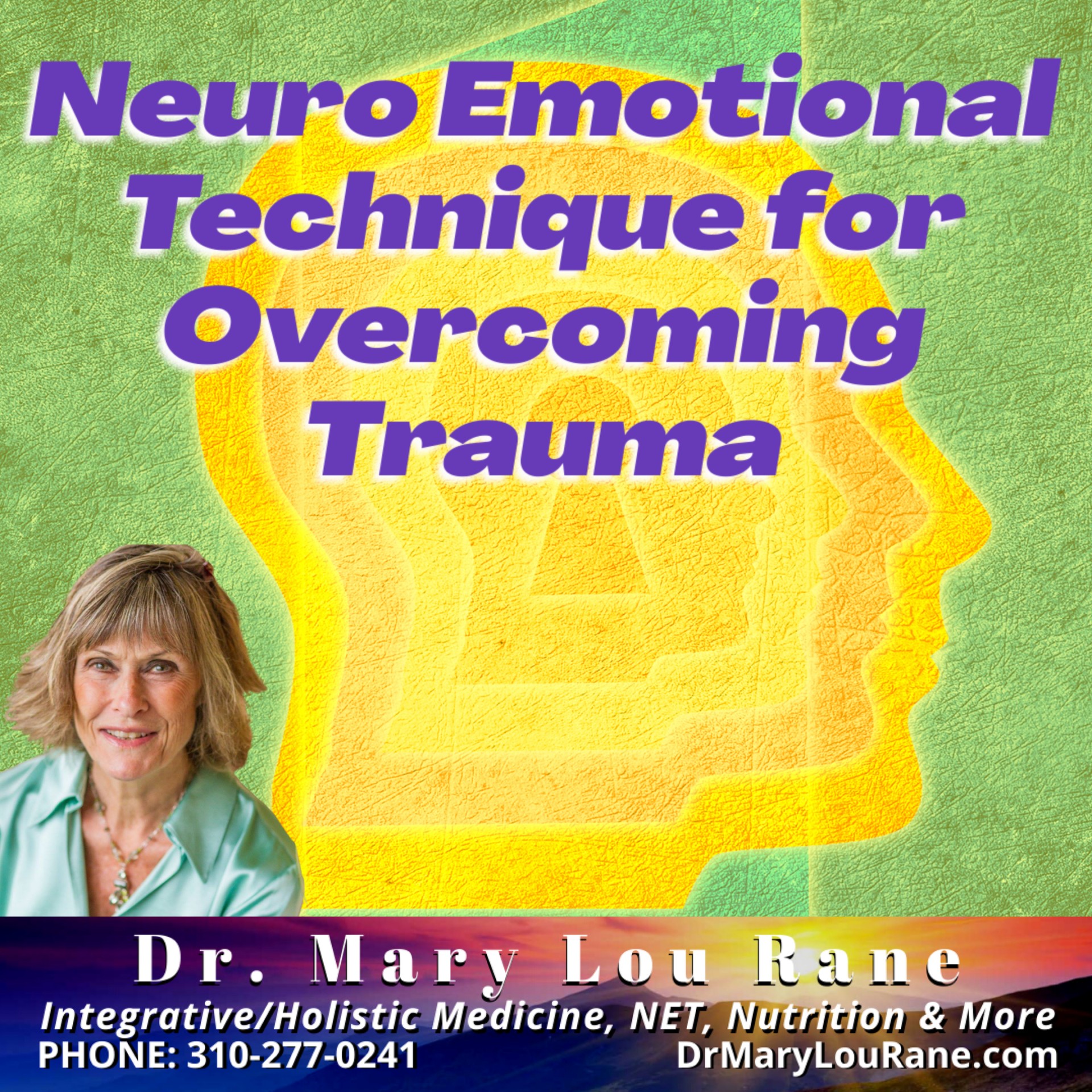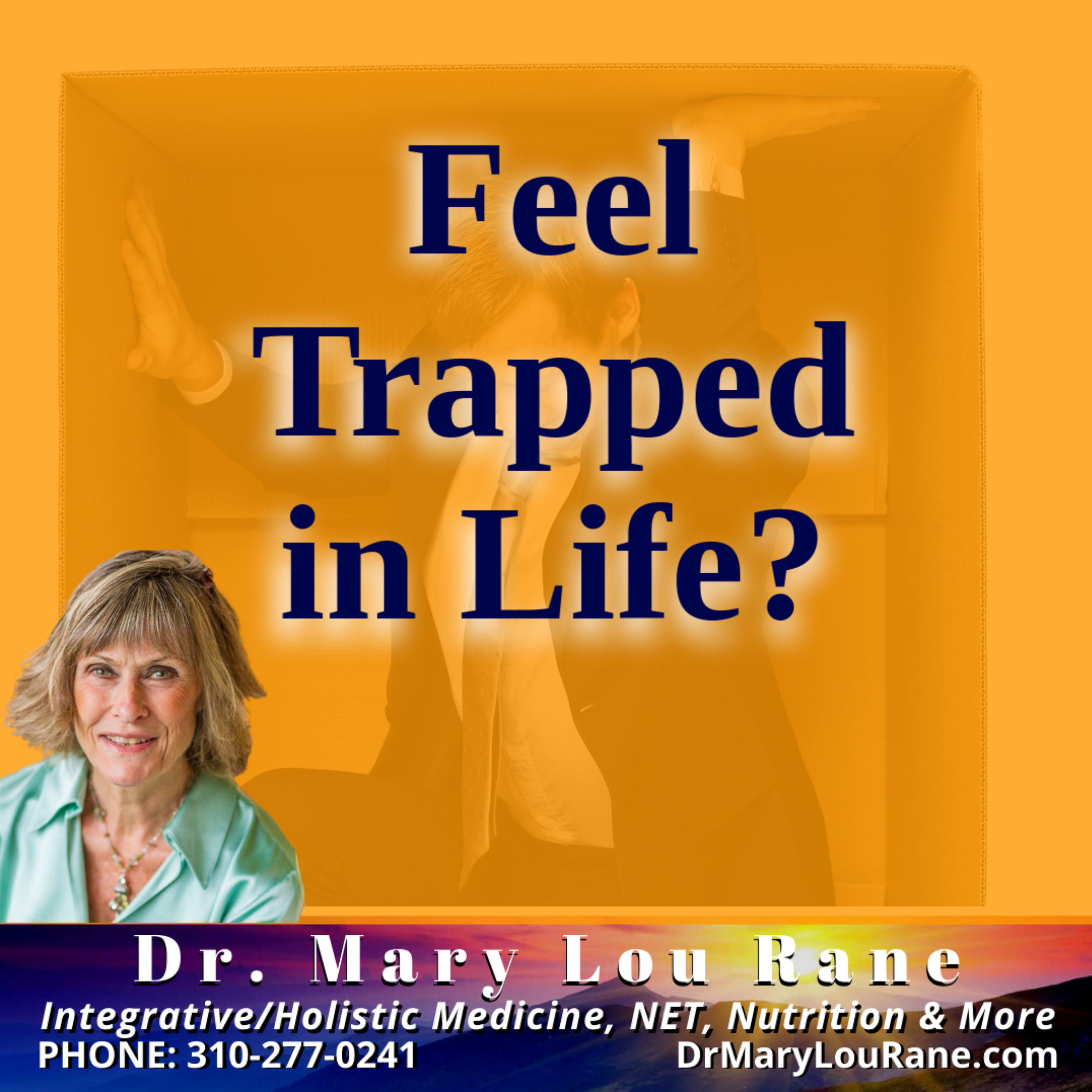Most of us would agree that our health is important. The question is whether or not we take care of ourselves properly. There are many ways to improve your overall health. One way is through holistic medicine or through the help of a holistic health practitioner. You may be curious about holistic medicine and holistic health practitioners, which is why you’ve clicked on this article. In this article, I’ve laid out all you need to know about holistic health, holistic medicine, and how holistic health practitioners like myself can help patients improve their overall health.
Holistic Health and Holistic Medicine: The Basics

Throughout this article, I will reference holistic health and holistic medicine to help describe what our work as holistic health practitioners surrounds. So, before I get into what holistic health practitioners do and how working with a holistic health practitioner can change your life entirely, here’s some basic information you should know about holistic health and holistic medicine.
Holistic Health
Holistic health, basically put, is an all-encompassing health philosophy designed to care for patients’ well-being entirely. The holistic health approach can be adopted by any type of medical professional or health coach. After all, it is a philosophy that can be used in a range of practices and medical care. This means that medical doctors or holistic doctors who practice holistic health, care about the entire well-being of their patients including their physical, mental, emotional, or spiritual health. Most traditional doctors who work in the medical profession only treat their patients according to a certain ailment or symptom they’re having. Doctors or holistic healthcare practitioners who practice holistic health look at the big picture of their patients for the wellness of their patients.
Holistic health practitioners and doctors look at the welfare of the entire person, not just their physical symptoms. They focus on how well their patient’s bodily system is working. Is the mind, body, and soul well-tuned and working together as a unit? If it isn’t, our first thought and question is: What do we need to introduce or take away to make the body work in a way that improves the entire health, wellness, and lifestyle of my patient?
We’re always utilizing holistic health as a comprehensive approach that combines all aspects of a person’s health. An example of how we approach health holistically would be taking into consideration the roles that your common health concerns, your diet, your lifestyle, your sleep cycle, your environment, your stress levels, and any traditional medicines that you’ve been prescribed play in to your health and wellbeing. Holistic health is anything but singling out individual organs, body parts, or ailments and solely focusing on treating those individual symptoms. After all, we won’t be able to get to the root of the problem or treat the underlying cause of your un-wellness if we don’t look at the big picture. The ultimate goal of practicing holistic health is to uncover the underlying cause of your symptoms and your ailments by improving your whole body and lifestyle while also helping your body work in sync.
Unfortunately, not many traditional doctors stray off the path of conventional medicine or science-based medicine and follow the holistic health approach, which is why there has been an increase in holistic healthcare practitioners and practitioners that offer alternative medicine solutions or integrative health approaches. The American Holistic Health Association, which is a nonprofit organization that connects patients to health and wellness resources, also stresses the importance of caring for a patient’s physical, mental, emotional, and spiritual health to achieve optimal health. They believe that even if one aspect of their health is disrupted, all the other ones suffer too.
Long story short, holistic health concepts can be used in a wide range of healthcare jobs, alternative treatments, or natural remedies. For example, a naturopathic doctor embodies a holistic health approach just as much as a holistic health practitioner or a holistic health coach.
Holistic Medicine

Similar to the philosophy of holistic health, the practices of holistic medicine are one and the same. Holistic medicine is a form of healing and treatment that considers the whole person/patient’s body, mind, spirit, emotions, lifestyle, and more. Unlike conventional medicine practices, holistic medicine (or alternative medicine) practices embody the goal of achieving optimal health for a person by gaining proper balance and synchronicity of your body in your life. However, holistic health practitioners don’t rule out conventional medicine practices. In fact, since they believe in a holistic approach, they encourage patients to utilize one or more different medicinal practices in order to improve their patient’s overall quality of life.
So, a holistic doctor or holistic health practitioner will absolutely utilize conventional medicine (or science-based medicine), holistic medicine, and/or alternative medicine practices to treat a patient. At the end of the day, they care about the entire welfare of their patient so they will suggest and utilize different approaches and practices in order to help their patients in any way they can. Some doctors and practitioners even go as far as to suggest Chinese medicine, Herbal medicine, or Oriental medicine practices in order to provide the utmost care for their patients.
To give you some more context of how I utilize holistic medicine (or alternative medicine) practices, I want to give you an example of what would happen if a patient came to me looking for help treating their intensive migraine headaches. I would first start with getting to know more about their lifestyle, sleeping habits, diet, work-life balance, stress levels, and the environment they position themselves in for most of their day. Once I know more information about my patient, I’m able to assist them with the proper treatment plan to improve their health, whether or not that involves conventional medicine, science-based medicine, alternative therapy, alternative treatments, or alternative medicine practices. If they’re not getting enough sleep or have too much external stress, I will provide them with a sleeping plan and breathing exercises to assist them with regulating their sleep and stress levels. In addition to that, I will most likely suggest they do take a certain amount of conventional drugs to assist in easing their migraine headaches whenever they have a flare-up. I may also suggest they utilize herbal medicine practices and give them some herbal remedies that may help (in a way separate from prescription medication) ease their migraine and headache symptoms.
We are definitely not against using conventional drugs or science-based medicine in our patient treatment plans, but we do believe that lifestyle modifications and alternative therapy are important in order to help prevent migraines from even occurring, let alone recurring.
What Do Holistic Health Practitioners Do?
After reading more about holistic health and holistic medicine, you may have been able to figure out a little about what we do as holistic healthcare practitioners. Again, traditional doctors practicing in the medical profession, or “Western Medicine” can also embody the holistic approach and be considered holistic health practitioners. Holistic health practitioners are practitioners, physicians, nutritionists, or doctors that follow the holistic health approach and utilize treatment plans that include holistic medicine (or alternative medicine), conventional science-based medicine, integrative medicine, ayurvedic medicine, and sometimes even Chinese medicine to give their patients the best care.
Professionals that embody the holistic health approach look beyond the scope of what traditional doctors or conventional science-based medicine usually offer as a treatment to craft a plan that emphasizes total wellness in their patients. This means, they will utilize whatever it takes to get you to a place where you feel good and healthy, whether that is through science-based medicine, holistic medicine, alternative medicine, alternative therapy, or complementary and alternative medicine.
The need for holistic health practitioners (or alternative medicine practitioners) isn’t really coming from within the primary healthcare industry, but rather from patients who realize that they want more than a prescription drug to treat their ailments from their physician. Holistic healing used to be dismissed in the past but is quickly on the rise to becoming more respected in the healthcare industry as research and scientific evidence begin to show the significant benefits it can have for patients. So, It is becoming more common for people to want to have a significant influence on their life and the medical care that they’re receiving. Patients want to be more involved and have a bigger role in their healthcare and treatment plan. The more time goes by, the more patients feel the desire to treat the source of their pain or illness in order to live a life with optimal health. And with that need, comes an increase of trained health professionals that want to help them on their path to wellness.
There are also some false claims about some holistic health practitioners. One of the main false claims is that those who practice holistic health and complementary and alternative medicine didn’t go to medical school. This is true for some who claim to be holistic health practitioners, but not for all. As I’ve mentioned previously, holistic health and holistic medicines are philosophies and different approaches to care that any medical doctor that went to medical school can adopt if they choose to. It’s important to recognize the difference between a medical professional and an uncertified practitioner. Make sure to thoroughly vet anyone you decide to give you care to avoid any potential interactions that can be harmful to you and your health.
All in all, holistic health practitioners (or naturopathic physicians) are here to help patients craft a treatment plan to create lifestyle changes with science-based medicine, integrative medicine, alternative medicine, or alternative therapy to improve the overall well-being of the patient. They can not only be a doctor to you and your ailments, but also a health coach that utilizes their medical profession to provide care and long-lasting positive results to their patients’ lives.
Successful Holistic Health Practitioners
What makes us different from traditional doctors or physicians utilizing conventional science-based medicine is our philosophy of taking the whole patient’s physical, mental, and spiritual health into consideration before providing any sort of treatment plan. We want to know the ins and outs of your life, your daily routine, where you spend your most time, your diet, your stress levels, your sleep cycle, and any potential interactions or situations that heighten your symptoms or ailments. Some types of holistic health practitioners are naturopathic physicians, chiropractors, naturopaths, alternative medicine practitioners, and even practitioners that offer complementary and alternative medicine treatment.
I want you to have a better idea of what makes a successful holistic health practitioner and what qualities they usually embody to avoid any potential interactions where you may be misinformed or mistreated. Here are some positive qualities to look for in a holistic health practitioner:
- High level of empathy, patience, and understanding of others’ pains.
- Committed to lifelong learning. They are curious and open-minded, and it’s common for them to continue expanding on their knowledge.
- Sensitive and compassionate, very good listeners, and wonderful verbal communication skills.
- Highly observant and detail-oriented.
- Practice what they preach by being attentive to their own health.
The majority of holistic health professionals have the knowledge and expertise in anatomy, physiology, nutrition, and biochemistry to give you treatment plans. They also have additional knowledge in stress management, relaxation techniques, and herbal and natural remedies, such as vitamins, and minerals, as well as alternative medicine practices, to provide a whole treatment plan. They also have a good understanding of how the body physically works and reacts.
Holistic healthcare can also be called alternative medicine or complementary and alternative medicine. Alternative medicine and complementary and alternative medicine are by definition ways of practicing medicine by any type of medical professional that is not regarded as a traditional medical professional.
Why We Become Holistic Health Practitioners

Living holistically is a way of life. Personally, my introduction to the practice of holistic health and alternative medicine began in my early adulthood with life-changing chiropractic care and nutritional advice that restored my own health and vitality. The profound results inspired me to pursue a Ph.D. in nutrition where I studied the impact of diet and toxicity on the body, brain, and nervous system. The impact of this knowledge made me realize that others may be in need of holistic assistance too, which is how I started my journey as a holistic health practitioner.
People who are given the same diagnosis can have completely different reasons for that condition. My goal is to find the underlying causes in order to support the body to adapt, be healthy and ward off any potentially dangerous pathogens and toxins. Many patients find me because their primary physician has diagnosed them with a disease or serious condition and have been told they will have to deal with their condition for the rest of their lives. Most of these diagnoses come with a regimen of conventional drugs or surgery.
By utilizing complementary and alternative medicine as well as science-based medicine, I am now able to put my expertise to use and help others create treatment plans that better their health in every way. Of course, science-based medicine works to alleviate your symptoms, but sometimes it’s not enough to treat the underlying condition that is causing your symptoms. In that case, complementary and alternative medicine practices in combination with conventional medicine may be the difference between barely living to living a full and happy life.
We want you to feel like a person when we see you and provide you with a treatment plan, not just a disease that needs to be suppressed. We want to take into consideration all the aspects of your life to provide you with proper health care practices. You deserve to be cared about, listened to, and supported by your healthcare professional. We strive to help you realize that your life is important and that we are there to help you wholeheartedly.
That’s why I am dedicated to continuing my own healing and education in order to bring all that is available to each individual through the sessions I provide and the programs we implement together for self-improvement, self-empowerment, and freedom.
You may find that other practitioners of complementary and alternative medicine started for similar reasons. Usually, those who are working in a field like this have had a similar experience to mine. However, it may vary with each practitioner, so a good rule of thumb is to ask the holistic health practitioner that you are thinking of working with the same question: Why did you become a holistic health practitioner?
How A Holistic Health Practitioner Can Help You
Holistic healers or physicians can utilize complementary and alternative medicine combined with science-based evidence and even natural remedies in order to help people discover new choices, options, and solutions to their challenges or diseases.
In the new medicinal sciences emerging in the 21st century, achieving and sustaining health is no longer a mystery. Proactively asking the right questions about our health concerns and challenges allows us to find the answers and switch our approach from simply treating symptoms of disease to actually getting to the underlying cause of disease as an effective means of achieving optimal health. Holistic health physicians help you do exactly that. They use scientific evidence in order to recognize your disease diagnosis and give you a treatment plan in science-based medicine and complementary and alternative medicine that will target optimal health.
The goal of holistic health practitioners is to create a treatment plan that can help treat any underlying disease you may have, while also ensuring you live a happy and healthy life. Sometimes you’re diagnosed with an illness and it might feel as if you have no other hope than to tolerate it or have an expensive surgical procedure. A holistic practitioner simply assists you in determining whether or not there is any other way to treat your illness without making you suffer through a traditional treatment plan.
Personally, my vision is to awaken people to the potential everyone holds within; to celebrate an individual’s realization of a passionate, extraordinary, supportive life on all levels; and ultimately, to promote consciousness, compassion, and cooperation in the world. And, my mission is to help my clients achieve their health, emotional and spiritual goals through a combination of healing modalities, guidance, education, support, and most of all, unconditional love.
Other holistic health practitioners may have a different approach to helping you. Here are some tips to keep in mind when choosing a holistic health practitioner to give you care:
- Vet your holistic health practitioner. Don’t go to just anyone. There are physicians who are good at their jobs and those who are not as good. Before you choose your holistic healer, make sure you get a recommendation from someone you trust or a credible health care organization you trust. You may also benefit from reading reviews or testimonials from other patients under their care.
- Similar to the tip above, do your research. When you’re on the search for a holistic health practitioner, make sure you find out as much as you can about that practitioner’s certifications, training, specialty, and experience. Do they have a degree in what they are treating? Do they have similar views to care as you? Can you relate to them?
- How do you feel upon the first consultation? Are you comfortable with your holistic health practitioner? Do they make you feel like you can be an open book? The relationship between a physician and a patient is pretty intimate, so it’s important that the holistic health provider is respectful of your concerns and beliefs, and that they make you feel heard.
- Are they asking you the right questions and making you feel validated? They have to understand you as a whole person to give you a good treatment plan. They may ask you questions about your diet, exercise, sleep habits, daily mood, how you feel spiritually, your closest relationships, and where you spend the majority of your time.
- What kind of treatment options do they offer? When determining a treatment approach for you and your ailments, does the treatment plan go beyond prescription drugs? Or, are there also complementary and alternative medicine treatment options present in their plan? Make sure the holistic health practitioner you choose to work with gives you a treatment plan that incorporates all your lifestyle and medical factors contributing to your illness.
How Do I Become A Holistic Health Practitioner?
You know the ins and outs of what holistic health, complementary and alternative medicine are, and what holistic health practitioners do with alternative medicine and integrative health approaches to treat their patients. You may be wondering how you can become a holistic health practitioner who practices science-based medicine along with practicing complementary and alternative medicine.
Firstly, the history of alternative medicine (also called homeopathy) traces back to the 18th century in Europe. The history of alternative medicine is long and rich. Alternative medicine techniques were rumored to first be practiced in Germany at the end of the 18th century. According to the long history of alternative medicine, complementary and alternative medicine is not a new practice or way of thinking and the approach has come a long way in aiding patients in healing alongside science-based medicine.
The National Center for Complementary and Alternative Medicine, currently known as the National Center for Complementary and Integrative Health, is increasing the funding for research on complementary and alternative medicine. This gives us holistic health practitioners hope as the primary healthcare industry has shut out complementary and alternative medicine practices as a whole, only embodying science-based medicine practices in their treatment plans.
Considering the history of alternative medicine and how far back it dates, it only makes sense to put some more research and funding into discovering concrete scientific evidence that shows the long-term benefits of alternative medicine techniques and integrative health approaches. Nowadays, it’s hard for any traditional doctor to accept the positive effects of complementary and alternative medicine without scientific evidence, even though there have been so many individual cases that show that integrative health approaches and initiatives work. As holistic health practitioners, we believe integrative health approaches in health care are vital in treating patients as a whole. Utilizing all medicine with integrative health in mind, whether it’s science-based medicine and complementary and alternative medicine techniques is important to the welfare of society as a whole.
There are different routes you can take to become a holistic health practitioner. For example, the National Health Service reports that the most commonly used complementary and alternative medicine practices in health care worldwide are acupuncture, aromatherapy, chiropractic care, homeopathy, osteopathy, and hypnotherapy. For some of these practices, you may need to attend a School of Medicine in order to be eligible to provide complementary and alternative medicine practices in health care. If you are able to go through medical school and attend a school of medicine that pushes you towards getting a medical degree, that will also be a very impactful position to be in, considering most traditional doctors only practice in conventional science-based medicine and don’t embody integrative health approaches. In that scenario, you would be a very unique asset in the primary health care industry.
Some holistic health practitioners attend the Yale School of Medicine (or something similar) for a degree in conventional science-based medicine along with some studying in complementary and alternative medicine. You can find another school of medicine that fits you best by doing some research into the Center for Integrative Medicine in your state or city. For reference, here is a list of schools you can utilize for education about complementary and alternative medicine:
- Yale School of Medicine
- Georgetown University School of Medicine
- University of New Mexico School of Medicine
- Stanford Center for Integrative Medicine
- St. Catherine University School of Medicine
- Bastyr University School of Medicine
- Duke University School of Medicine (offers Integrative Health, Integrative Medicine, and Complementary and Alternative Medicine Education)
- Albert Einstein University School of Medicine
- George Washington Center for Integrative Medicine (offers Integrative Health and Integrative Medicine Education)
- John A. Burns School of Medicine (offers Complementary and Alternative Medicine Education)
- Johns Hopkins School of Medicine (offers Integrative Health, Integrative Medicine, and Complementary and Alternative Medicine Education)
- Arizona Center for Integrative Medicine (offers Integrative Health and Integrative Medicine Education)
- Mayo Clinic Research Program (offers Complementary and Alternative Medicine Education)
- Oregon Center for Complementary and Alternative Medicine (in neurological disorders)
- Rutgers Institute for Complementary and Alternative Medicine
There are many more medical schools and universities that value integrative health approaches and offer programs that educate and prepare aspiring holistic healthcare practitioners to treat patients with integrative health approaches.
Additionally, there are a lot of sources on the internet that claim our work in complementary and alternative medicine and integrative health approaches is deceptive compared to treatment with conventional science-based medicine. The holistic approach we embody not only includes primary healthcare and treatment plans that include complementary and alternative medicine, but also conventional science-based medicine. There are some “holistic health practitioners” that don’t have the medical expertise to prescribe you a treatment plan that includes science-based medicine along with complementary and alternative medicine practices. That is why it is so important to do your research. You need to ensure that the holistic health practitioner you choose has the certification and expertise to assist you in creating a treatment plan with science-based medicine and complementary and alternative medicine. Luckily, there are organizations like the Scientific Review of Alternative Medicine that review the efficacy of alternative medicine treatment claims in the primary healthcare environment.
Free One-On-One Consultation With A Certified Holistic Health Practitioner

No one deserves to live a life without wellness. If you are struggling and not receiving the help you deserve, I encourage you to reach out for a free one-on-one consultation. I will assist you in achieving your health, emotional and spiritual goals through holistic approaches. You deserve compassion, health & wellness, and freedom.
I have a global client base and have the ability to create an online program tailored just to you. I welcome you to visit my Westwood office or to contact me by phone, FaceTime, or Skype.
Call me at (310) 277-0241 or contact me here for a free 15-minute phone or video consultation.



